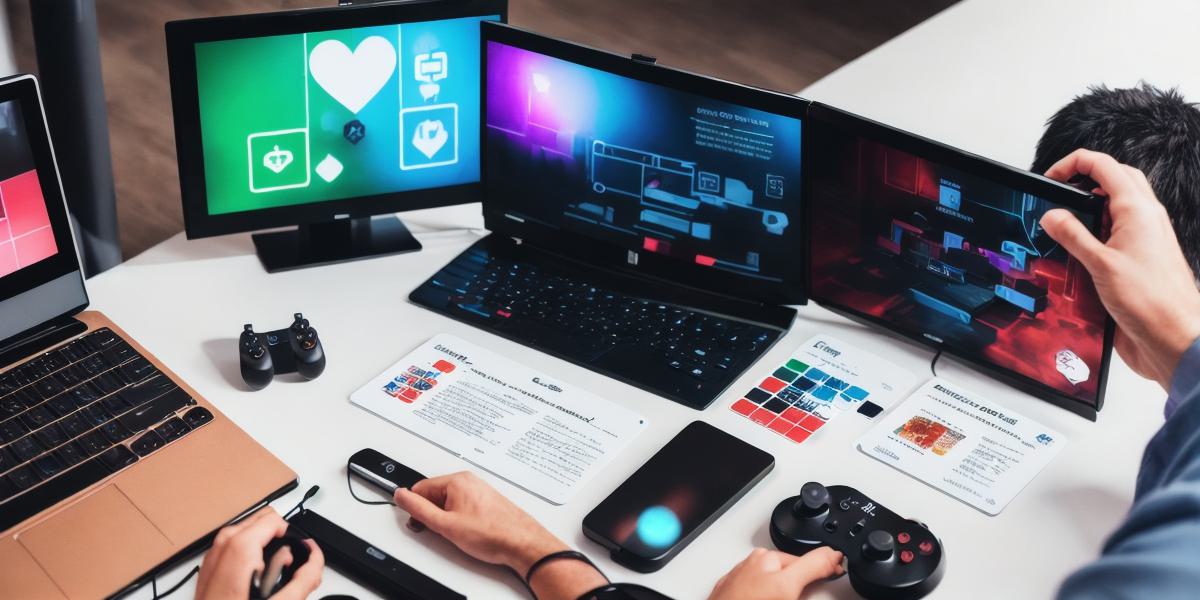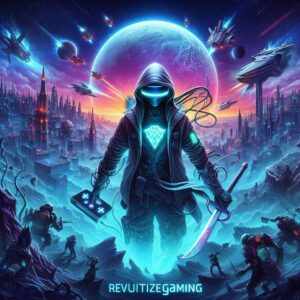In recent years, technology has transformed healthcare in numerous ways. One of the most promising developments in this area is the emergence of non-fungible tokens (NFTs) in gaming, disease management, and other areas of health. NFTs are unique digital assets that can be traded on blockchain platforms. They have a wide range of potential applications in healthcare, from rewarding players in games to tracking progress in disease management and accelerating medical research.
Gaming has long been associated with health benefits such as improved cognitive function, hand-eye coordination, and stress relief. However, it’s only in recent years that NFTs have started to play a role in this field. For example, some games now use NFTs to reward players for completing challenges or achieving high scores. These NFTs can then be traded on blockchain platforms, providing players with a new way to monetize their skills and achievements.
But the potential applications of NFTs in gaming go beyond just rewarding players. They can also be used to track progress and improve motivation. For example, some games now use NFTs to represent in-game items or assets that players can collect and trade. These NFTs can then be linked to real-world health data, providing a more personalized and engaging way for players to manage their health.
Disease management is another area where NFTs are gaining traction. NFTs can be used to represent medical records, clinical trial data, and other important health information in a secure and tamper-proof manner. This can help reduce the risk of errors and improve patient outcomes. For example, one company called MediLedger is using NFTs to track prescription drugs from manufacturer to patient. By creating a digital ledger of each drug transaction, patients can be assured that they are receiving genuine medication from a trusted source. This can help reduce the risk of counterfeit drugs and other safety risks associated with prescription medications.
Finally, NFTs are also being used in the field of medical research. Scientists can use NFTs to represent data from clinical trials or other studies, making it easier to share and analyze this information. This can help accelerate drug discovery and improve patient outcomes. For example, one company called Gem is using NFTs to represent genomic data, which can be used to diagnose and treat genetic diseases more effectively.
Overall, the relationship between gaming, disease, and NFTs is an exciting and rapidly evolving field. As technology continues to advance, we can expect to see even more innovative applications of NFTs in healthcare. Whether you’re a gamer, researcher, or healthcare professional, there’s no doubt that NFTs have the potential to revolutionize the way we approach health and wellness.



